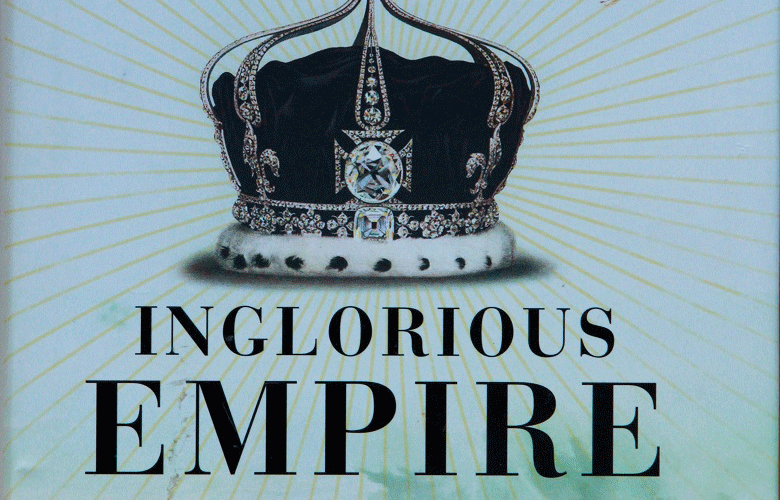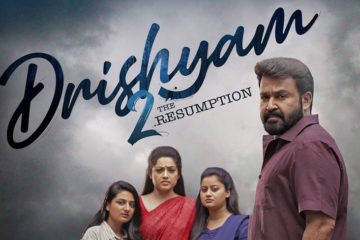Book Review by : Riaz Quadir
Inglorious Empire – What the British did to India
Written by : Dr. Shashi Tharoor
Long before Winston Churchill had accurately observed that “History is written by the victors”, Hermann Göring had said something far more profound: “We will go down in history either as the world’s greatest statesmen or its worst villains”. He had the foresight to know that fortune’s arrow can swing either way depending where on the totem pole you end up. Another way of looking at it is that victors may very well write history but their biased version stands tall only as long as they control the narrative. Once their grip on power weakens their story is challenged and others get to have their say.
That, it seems, is the case with prior colonial Empires these days. Their version of what they saw as the ‘Glorious Empire’ is taking a nose dive and being replaced by a disturbingly murky picture of what is now being seen as an extremely inglorious period. Dr. Shashi Tharoor used that very epithet in the title of his scathing resumé of the Raj or the British Empire in India. The book he claims was never planned. Its seed was sown accidentally when he was invited to what is perhaps the most famous debating society in the world, the Oxford Union in the summer of 2015, to debate for the motion “Why Britain Owes Reparations for Colonising India”. His delivery was brilliant and his side won 185 votes to 56.
It did not end there. The video of the debate went viral and Dr. Tharoor was asked by countless people to put his ideas into a book. He was further compelled to do so by the criticism of the accuracy of his assertions during the debate. The result is an irrefutably well-researched book that maps out the duration of the British Raj in India from its earliest days as the British East India Company in the 17th century all the way up to the partition of British India into the several nation states that resulted from it in 1947.
A trend that saw Nicolas Dirk’s “The Scandal of Empire” (2006) shatter the myth of the ‘White Man’s Burden’ by depicting how the Empire was really established by the ruthless exploits of Warren Hastings and Robert Clive of the East India Company. Then, among many others, came Dr. Madhusree Mukerjee’s earth-shattering “Churchill’s Secret War: The British Empire and the Ravaging of India during World War II” (2010), single-handedly bringing the pedestal on which sat the “Greatest Briton”, Sir Winston Churchill, to a totter, from which I doubt it will ever recover. With the meticulous rigor of a scientist (which she is) and scholarship (she has earned) she unearthed documents that reveals unequivocally how Churchill was responsible for the Bengal Famine of 1943, and therefore of genocide of millions of Indians. Tharoor expands the field well beyond personalities and shows us how the entire administration of the Raj was tainted beyond imagination. One by one he tears down the false edifice of the Empire, which in the worst case scenario has been presented as “enlightened despotism” to its own people through its own history books.
Perhaps the Labour leader, Jeremy Corbyn had read the “Inglorious Empire” before he suggested that we ought “to teach unromanticised colonial history” to the British students who had grown up on a diet of the romanticised version of colonial history, traditionally known as the “Glorious Empire”, where otherwise benign heroes were battling ignorance and thugs, in the name of King and Country, while bringing wealth, technology and faith to otherwise poor and ungodly people. In 2014 the YouGov poll found that 59 per cent of respondents thought the British Empire was “something to be proud of”. What a shame!
Even more sickening was to hear Gordon Brown say this as recently as 2005:
“Britain was not about to apologise for the Empire. We should celebrate much of our past rather than apologise for it. And we should talk, and rightly so, about British values that are enduring, because they stand for some of the greatest ideas in history: tolerance, liberty, civic duty, that grew in Britain and influenced the rest of the world. Our strong traditions of fair play, of openness, of internationalism, these are great British values.”
By the time we are halfway through Tharoor’s book we realise that not an iota of what Brown said was true. In fact he repeatedly proves every element claimed by the Imperialists were actually inversed in reality. Britain could add “Great” to describe itself only because it had the wealth of India at its disposal. For two hundred years it sucked India dry of its wealth and left it a pale shadow of its former self. Current historical research shows exactly how they did that. That India had 23% of the global economy at the start of the 18th century, reduced to 3% when the British left, is remarkable by any standard…
Now in the 21st century when the world is rapidly changing, it is important to acknowledge the reality of the past, because if we do not do so we can never bring closure to it, and it will be hanging like an albatross around our necks, dragging us down in the foreseeable future. Reading Inglorious Empire takes us a long way in overcoming the ignorance about our colonial past and come to terms with a new world order. People like Boris Johnson would not have jumped for Brexit and fantasized about starting Empire 2 with the Commonwealth (which can only lead to a very rude awakening) had he been educated with an unromanticised but a true account of the British Raj, such as “Inglorious Empire”.




